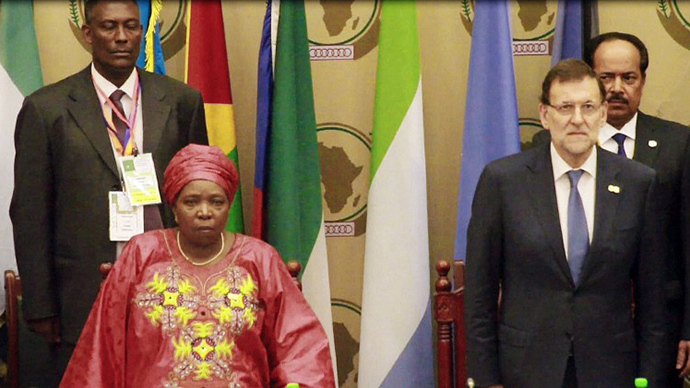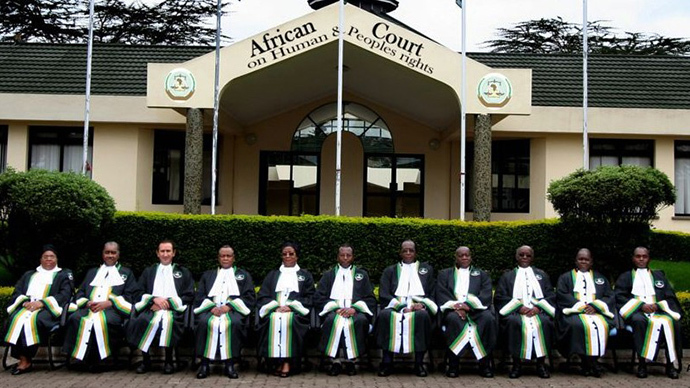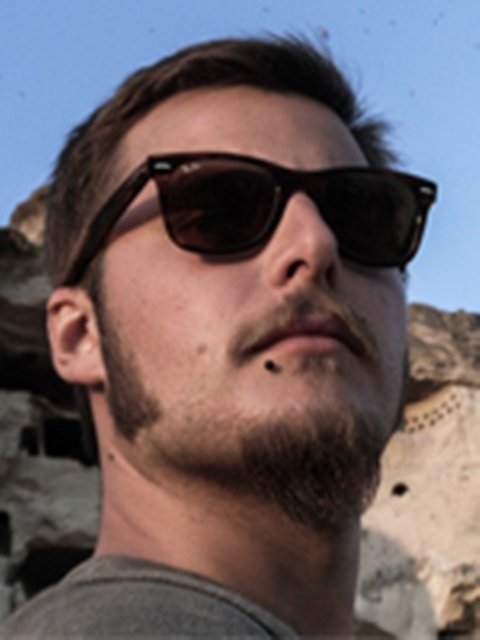African leaders’ immunity and ICC neocolonialism

The news was picked up by the media around the world but, as often happens when it comes to African issues; it was quickly downgraded to an interesting fact.
It was reported with that classic sensationalism used to talk about Africa as a strange and distant world, as much funny as incomprehensible, without interest for the West until a European state decides to send its soldiers there on a "humanitarian" mission.
We are talking about the news of the voting a couple of weeks ago, during the 23rd Ordinary Session of the Summit of the African Union, when fifty-three heads of state (with only Botswana voting against) raised their hands and stepped back decades in the fight against impunity and human rights violations, in a continent torn by conflicts and violence (all too often exploited by governments for their own ends).
Hosted in Malabo, Equatorial Guinea, by Teodoro Obiang Nguema Mbasogo, “Eternal President” since 1979, who has repeatedly been accused of the bloody repression of all forms of opposition the African Heads of State, have agreed to guarantee themselves immunity from some of the most serious charges provided by international law: genocide, war crimes and crimes against humanity.
They did so in silence, trying to hide the decision in a press release full of long words and irrelevant information.
"The representatives of African governments should have only voted a protocol to finally operationize, after six years of stalemate, the new African Court of Justice and Human Rights, created by a merger between the African Court of Justice and the African Court on Human and People's Rights, which was responsible for investigating crimes such as genocide and violation of human rights on the African continent. But secretly, and with an amendment which had never been heard before, they managed to secure immunity," said Netsanet Belay, director of Amnesty International in Africa. This immunity will be valid for heads of state and presidents in office, and also, in a very generic way, for senior government officials.
First of all, it is impossible to talk about this issue without trying first to understand the increasingly tense relations between the African Union and the International Criminal Court in The Hague. The ICC is currently investigating two African presidents, the Sudanese Omar Hassan al-Bashir and the Kenyan Uhuru Kenyatta, while another ex-president, the Ivorian Laurent Gbagbo, is in custody awaiting trial. They are being investigated for their part in the crimes which the African heads of state have agreed to make themselves immune from before of the African Commission on Human and Peoples' Rights (ACHPR).

The African Union has repeatedly called for African countries to "speak with one voice" against the trials of sitting heads of state in the International Criminal Court (ICC). The AU asked the UN Security Council to postpone the trials while the Kenyan leaders were still in power, but the resolution failed to get the required nine votes, making it the first resolution in decades to fail without a veto from one of the permanent members.
One reason for all this crusading against the ICC is that the AU leaders have long criticized this court for only targeting Africans, especially leaders and other senior state officials: President Omar Al-Bashir, President Uhuru Kenyatta and his deputy William Ruto, are just a few examples. It is not rare to hear from African politicians or lawyers that, in their opinion, the International Criminal Court is an agent of neocolonialism that is being manipulated to keep African countries compliant to the dictates of the West and its allies. In a nutshell, the position of the AU is this: there are 34 African states out of the 122 states that are signatories to the ICC, and non-signatory countries such as the United States of America dictate how affairs are conducted. The ICC has been seen as a means of destabilizing the African continent and giving Western countries the opportunity to further their political domination of Africa and their exploitation of minerals and resources. So the African heads of state’s recent self-awarded immunity before the African Court can be seen as a reaction to the ICC trials and to the pressure coming from Western countries.
That the ICC has been targeting African countries more than others is a fact. Several non-African cases have been dropped. However, these decisions are directly related to the limited jurisdiction of the Court, as the non-African cases did not fall under the subject, territorial or temporal jurisdiction of the ICC (Iraq, Venezuela). The case of Syria was not transferred by the UNSC due to the vetoes of China and Russia. And the case of Palestine was not investigated by the ICC as Palestine was not considered a state and was therefore unable to address the ICC.
In the ICC’s defense, as regards Africa, the court has brought complete impunity for political atrocities to a halt.
If some of the accusations leveled at the ICC by the AU are true, then the only solution is that Africa must develop its own courts to try the perpetrators thus avoiding ICC “neocolonialism.” After the recent AU vote that solution seems very far from materialization, as in six years the African Court has not even begun to work. African heads of states do not want the ICC to have a monopoly on international law but by the way they are acting it seems that they do not want any international law at all.
This self-awarded immunity vote is a reminder that, despite the strides toward democracy made by some countries, impunity remains intrinsic to the political culture of post-colonial Africa, with or without the ICC.
The statements, views and opinions expressed in this column are solely those of the author and do not necessarily represent those of RT.
The statements, views and opinions expressed in this column are solely those of the author and do not necessarily represent those of RT.













